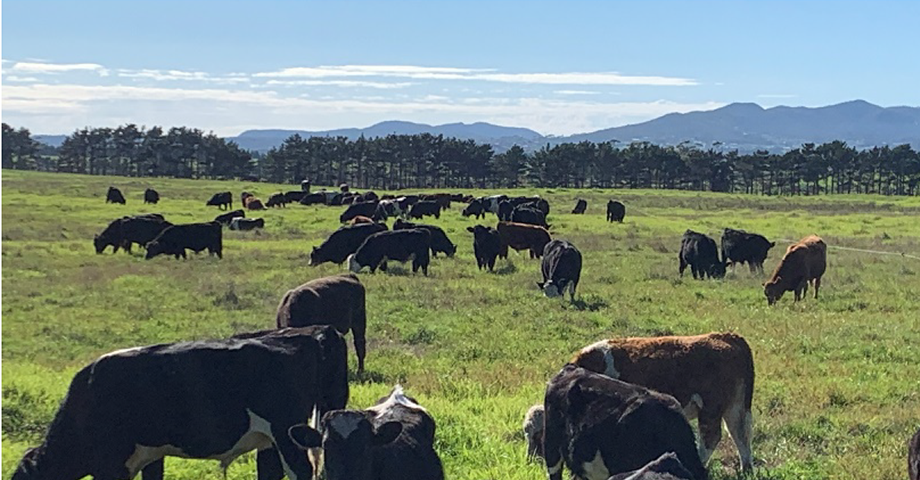
Executive summary
To feed a world population of over 9 billion in 2050 it is highly likely that we will need to see growth in all protein categories rather than the dominance of one over another.
This report reviews the current literature and media narrative around the subject of plant-based proteins and the position they have taken in the protein marketspace. It outlines the background and importance of the NZ Red Meat industry and why this continues to be a highly valuable sector.
It analyses recent research into amino acid profiles in red meat and discusses some of the points made around the health questions often formed in consumer minds. We now have a society made up of a range of lifestyle diets, where new words such as flexitarian have developed, and veganism is not so far from the mainstream.
Red meat will continue to be a vital source of nutrient dense protein. The Covid 19 pandemic has enhanced people’s confidence in their home-cooking abilities, and they have sought out higher value premium red meat products to complement their menus. Red meat has symbolic qualities which makes it a key component for festive occasions and social celebrations.
Plant proteins will cement their place in the retail food cabinet as well as in the food service and ingredients sectors. They offer a genuine alternative to red meat protein and will be an essential contributor to overall protein requirements of a growing global population with a focus on human nutrition and environmental impacts.
Red meat farmers and processors should be confident in their industry’s future and continue to invest in technology, people, minimising their environmental impact, and targeted consumer marketing.
Meat alternatives have an important place in the industry to further engage consumers in new and different ways. When it comes to animal protein vs plant protein it is an “AND” story, supported by growth in the entire protein category.




